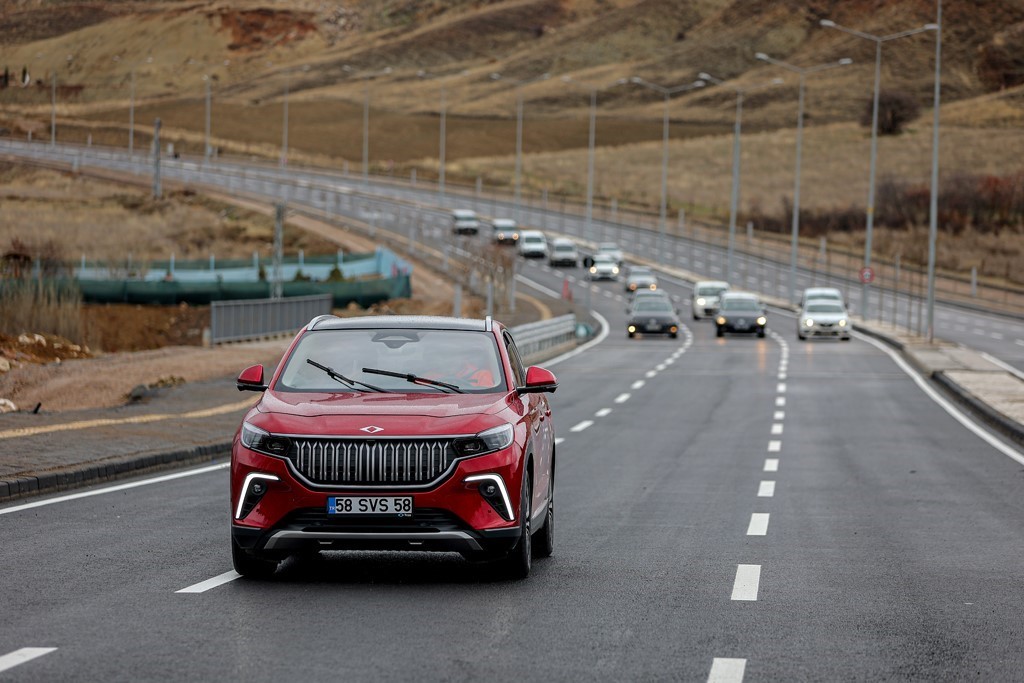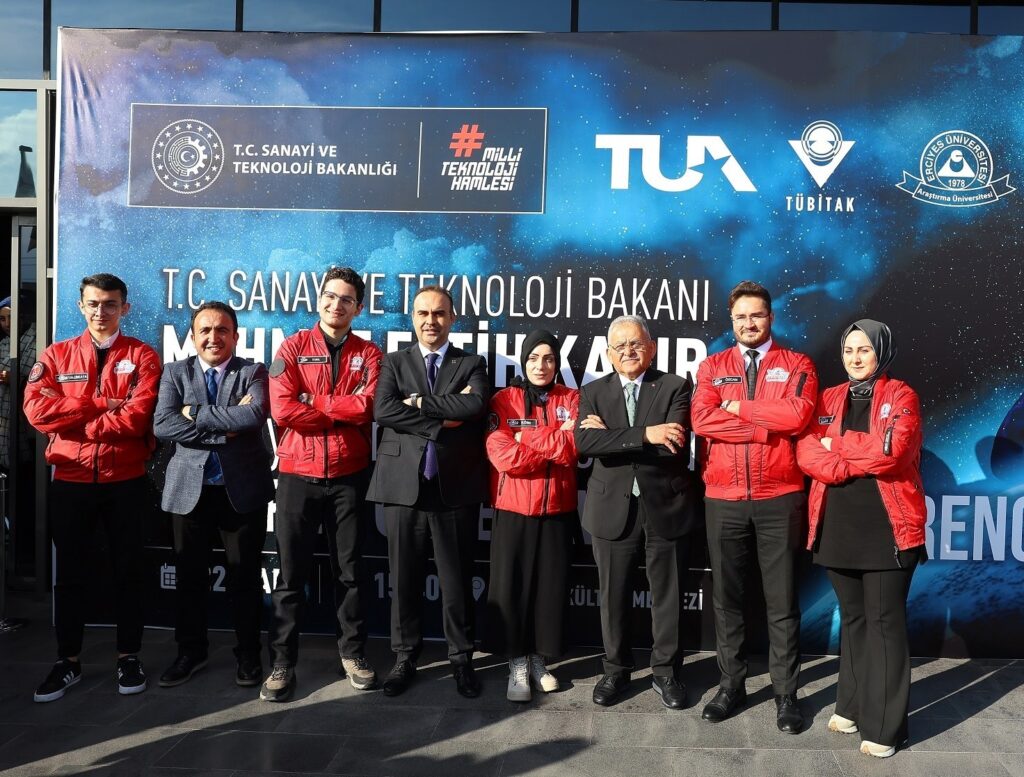Battery consumption is affected by air conditioning, not cold weather.
Ahmet Aksöz, a faculty member at Sivas Cumhuriyet University, made statements regarding the battery consumption of electric vehicles in cold weather. Aksöz said, “Cold weather does not significantly affect battery consumption in electric vehicles.” In recent years, there has been an increase in …

Ahmet Aksöz, a faculty member at Sivas Cumhuriyet University, made statements regarding the battery consumption of electric vehicles in cold weather. Aksöz said, “Cold weather does not significantly affect battery consumption in electric vehicles.”
The increasing use of electric vehicles in recent years has raised questions in the minds of citizens, especially in regions with cold climates. Citizens claiming that there is an increase in battery consumption during cold weather argue that there are drops in battery levels. Dr. Ahmet Aksöz from the Faculty of Engineering at Sivas Cumhuriyet University provided explanations on the subject. Aksöz stated that there is a prejudice regarding the batteries of vehicles, saying, “The increase in battery consumption in cold weather is not unique to electric vehicles. In fact, a similar situation applies to vehicles with internal combustion engines. Just as you need to warm up a vehicle in cold weather, the same applies to electric vehicles.”
Warming up the vehicle first is necessary.
Dr. Ahmet Aksöz expressed that the local and national Togg is writing a success story in our country, stating, “Sales figures show that interest in electric vehicles has increased further in our country. Alongside this, with the entry of vehicles from America, Europe, and especially the Far East into the market, the use of electric vehicles has further increased. There is a misconception regarding the battery of vehicles. The increase in battery consumption in cold weather is not unique to electric vehicles. In fact, a similar situation applies to vehicles with internal combustion engines. Just as you need to warm up a vehicle in cold weather, the same applies to electric vehicles. When proper preparation is made, that is, when the vehicle systems, engine, or battery are warmed up before use, it increases both battery efficiency and the efficiency of the integrated systems within the vehicle. This prevents potential wasteful situations.”
Increased consumption related to air conditioning in both summer and winter.
Aksöz stated that the air conditioning used in the summer months directly affects electricity consumption, saying, “In both electric and other vehicles, there may be differences in battery or fuel performance due to consumption in both summer and winter months. Just as fuel consumption increases when using air conditioning in summer, battery consumption will also increase in electric vehicles. In winter months, there will similarly be more fuel or battery consumption due to air conditioning use. This is an expected situation in cold weather. In electric vehicles, in addition to lithium-ion batteries, an additional battery module is used. Initially, electricity is supplied to the vehicle, and after the contact is made, the gasoline tank is activated, and the vehicle’s engine starts. A similar situation applies to electric vehicles. Before the lithium-ion battery kicks in, the additional battery is activated to prepare and warm up the system. The lithium-ion battery comes into play afterward. It is not expected for the lithium-ion battery to operate below 0 degrees.”
“Cold weather does not significantly affect battery consumption in electric vehicles.”
Ahmet Aksöz stated that they are working on a project besides lithium-ion batteries, and he expressed:
“We can say that cold weather does not significantly affect battery consumption in electric vehicles. Just as cold weather affects fuel consumption in internal combustion engine vehicles, in electric vehicles, heating systems consume more energy due to cold weather. Regions with cold weather need more electricity consumption and charging operations. In our ongoing European Union projects, we are working on Solid S batteries. Solid S batteries are special batteries that are less affected by cold and temperature changes, therefore they can perform better and travel longer distances in cold weather. As Sivas Cumhuriyet University, we have good projects in battery management systems, including artificial intelligence solutions, to produce solutions in this area.”







